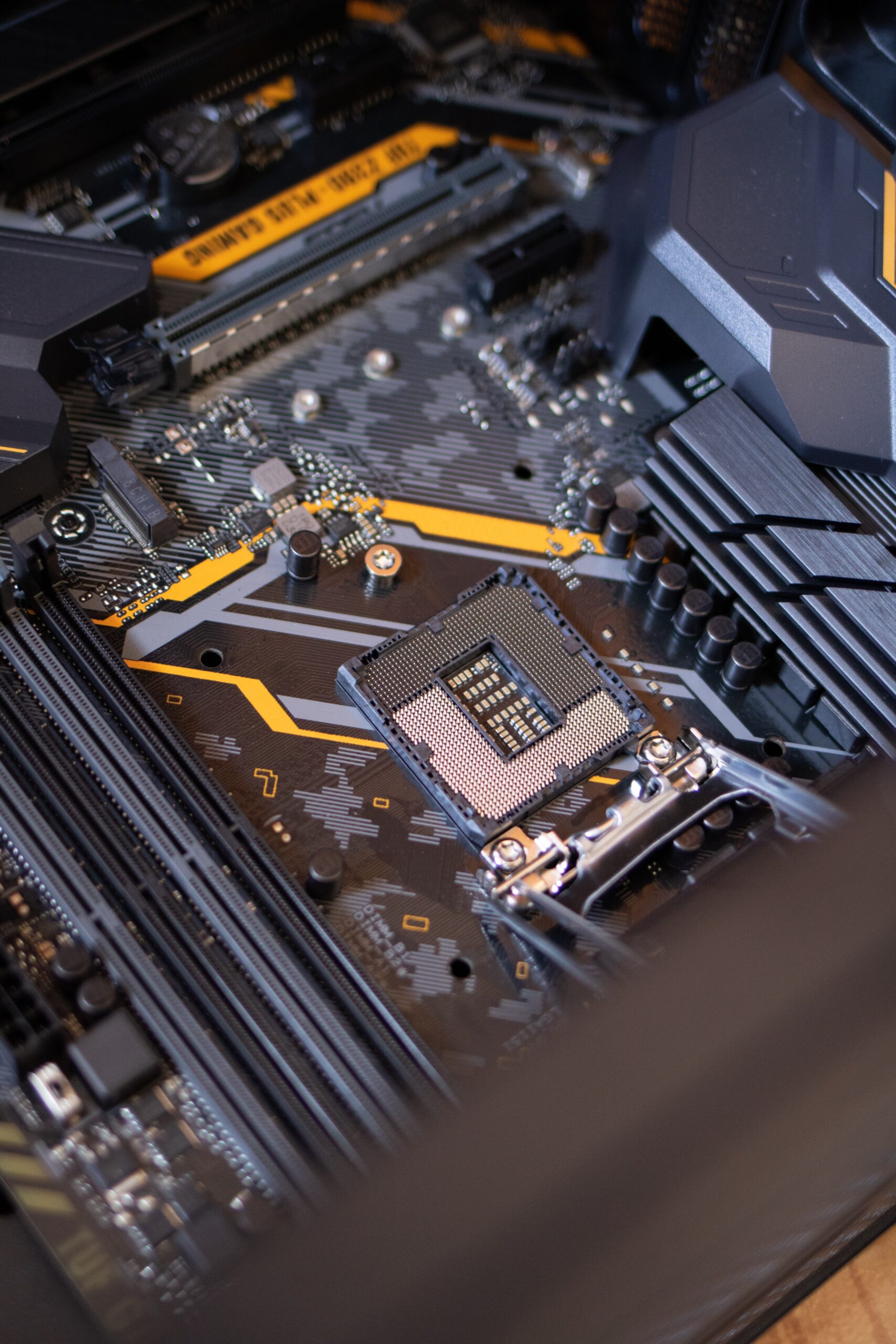how much protein should i eat
Protein is an essential macronutrient that plays a vital role in supporting our overall health and well-being. However, determining the right amount of protein to consume can be confusing amidst varying recommendations and individual needs. In this comprehensive blog post, we delve into the science of protein intake, explore the factors influencing your protein requirements, and provide practical guidelines to help you strike the right balance. Discover how much protein you should eat to optimize your health, fitness goals, and overall nutritional well-being.
Introduction: Protein serves as the building block for our muscles, tissues, and cells, and consuming the right amount is crucial for our body’s optimal functioning. However, the question of how much protein one should eat remains a subject of debate and confusion. It’s essential to strike a balance, as both insufficient and excessive protein intake can have consequences for our health and well-being. By understanding the factors influencing protein requirements and adopting evidence-based guidelines, we can navigate the protein landscape with precision and optimize our nutritional intake.
Factors Influencing Protein Requirements:
- Body composition and weight: Individuals with higher lean body mass generally have higher protein needs.
- Physical activity level: Active individuals, particularly those engaging in resistance training or endurance exercises, may require more protein to support muscle repair and recovery.
- Age and life stage: Protein needs can vary across different life stages, such as childhood, adolescence, pregnancy, and older adulthood.
- Health conditions: Certain health conditions, such as kidney disease, may necessitate protein restriction or adjustment as per medical advice.
Determining Your Protein Requirements:
- Calculate your protein needs: As a general guideline, aim for a protein intake of 0.8 grams to 1 gram per kilogram of body weight per day. However, this recommendation may vary depending on your activity level and specific goals.
- Assess your goals and lifestyle: Consider your fitness objectives, whether it’s building muscle, losing weight, or maintaining overall health. Adjust your protein intake accordingly, with the help of a registered dietitian or nutritionist if necessary.
- Prioritize quality protein sources: Focus on consuming a variety of lean protein sources such as poultry, fish, legumes, dairy products, and plant-based options like tofu and quinoa.
- Distribute protein intake throughout the day: Aim to evenly distribute protein intake across your meals to maximize muscle protein synthesis and support overall nutrition.
Adapting Protein Intake to Specific Goals:
- Muscle building and athletic performance: Individuals seeking to build muscle or enhance athletic performance may benefit from slightly higher protein intake, ranging from 1.2 to 2 grams per kilogram of body weight per day.
- Weight management: Protein has a satiating effect, which can aid in weight management. Including protein-rich foods in your meals can help you feel fuller for longer and reduce overeating.
- Healthy aging: Older adults may have increased protein requirements to mitigate age-related muscle loss. Protein intake between 1 to 1.2 grams per kilogram of body weight per day is often recommended.
Conclusion: Protein is an essential component of a balanced diet, and understanding your individual protein needs is key to optimizing your nutritional intake. By considering factors such as body composition, activity level, and specific goals, you can determine the ideal amount of protein for your unique requirements. Remember to focus on quality protein sources, distribute protein intake throughout the day, and consult with a registered dietitian or nutritionist if you have specific health concerns or goals. Striking the right balance with protein precision will empower you to support your overall health, fitness, and well-being through a well-rounded and personalized approach to nutrition.





